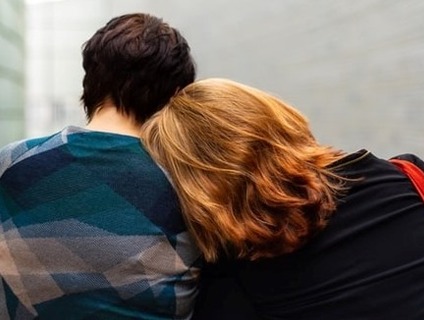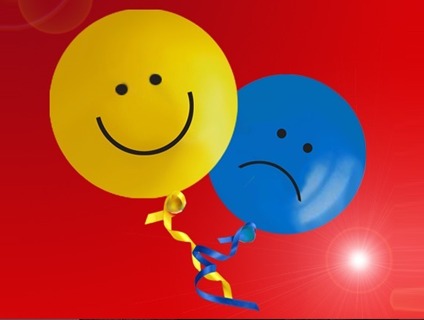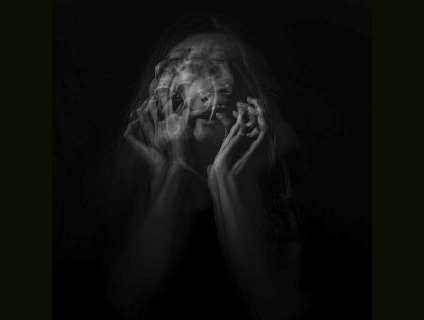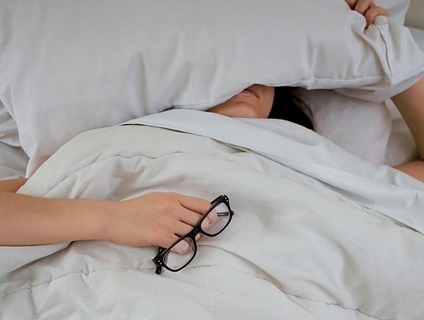Anxiety is a normal part of living
Everyone has nxiety to varying degrees. It manifests physically as your heart beating fast, your face red and flushing, stomach roiling, hands shaking and clammy. It’s the feeling you get at the start of a roller coaster. But no one wants that feeling all day long. Or when socializing with others. Or simply when it stops us from engaging in everyday activities. So how do we judge when the anxiety we feel isn’t normal? It’s this uncertainty that keeps many patients from seeking help
Anxiety manifests in a multitude of ways that are often not realized. For example, having low self-confidence or self-esteem and constantly beating yourself up over everything you do or say. Never sharing your opinions or emotions due to fear of ridicule or embarrassment. Avoiding situations that make you nervous, like dating and relationships. Getting caught in a spiral of negative thoughts that leave you feeling terrible about yourself. Feeling like you’re not loved or appreciated; just a burden to people. An inability to relax or lower your inhibitions. When something embarrassing or bad happens, you can’t stop thinking about it. Trouble falling asleep, trouble waking up, and feeling tired throughout the day. Obsessing over your mental condition. And many of our patients we treat first come in thinking they’re the only ones to feel this way. If they only knew!
Every person is unique with a different set of life experiences and hurdles. It’s why we carry out a thorough and detailed assessment to create an individualized treatment plan that helps alleviate the specific issues that YOU are facing.
Treatment for Anxiety Disorders at Khushi Mind Care includes :
A) Assessment: using clinical interview and HAM-A, GAD-7 and BAI scales.
B) Medication: Medications are generally prescribed for acute control of anxiety attacks and further prevention of severe attacks. These medications are best taken under supervision as the doses are tapered gradually over time. Usually, a three – six-month duration of medication is recommended.
C) Therapy/Counseling:
1. Relaxation techniques – Training is provided to the patients to be able to manage their bodily reactions during a panic attack in an adaptive manner.
2. Desensitization therapy-
Specific phobias and anxiety symptoms are gradually dissociated from each other in a hierarchical manner.
3. Cognitive behavior therapy – Includes identifying and challenging one’s own maladaptive thoughts.
4. Interpersonal therapy – Interpersonal issues impacting the anxiety symptoms are addressed.
5. Psychodynamic therapy – Unconscious repressed emotions impacting one’s psychological states are uncovered to aid in recovery.










